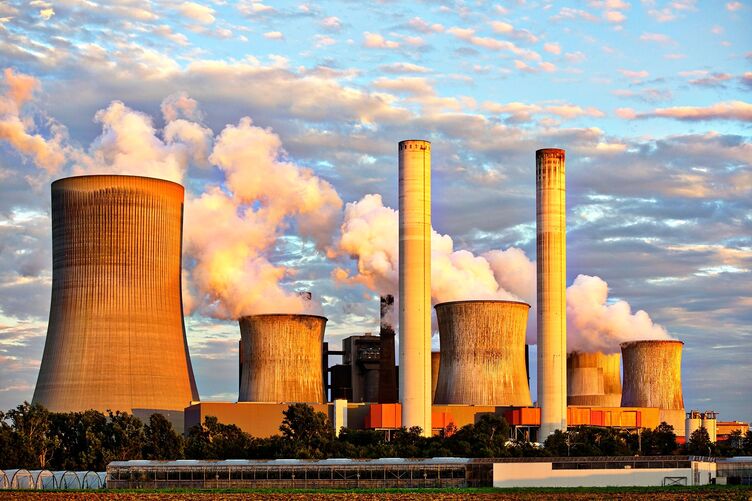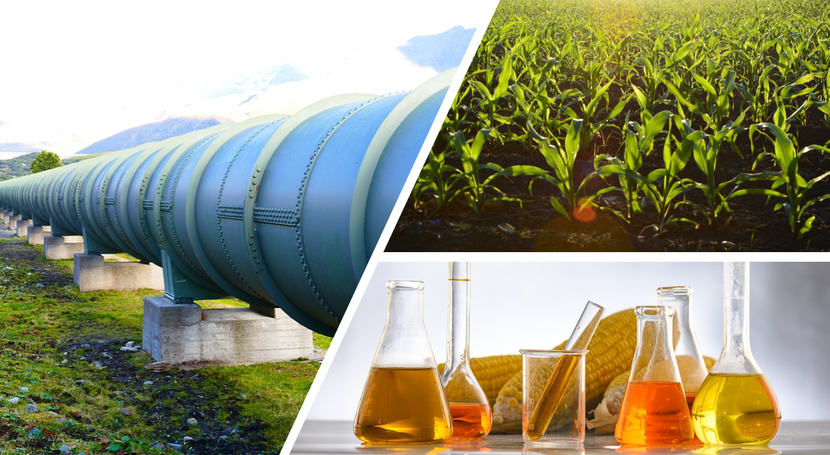March 15, 2023
CO2 Pipeline System to Decarbonize Industry Pollution in Germany
CO2 Pipeline System to Decarbonize Industry Pollution in Germany
Wintershall Dea and Fluxys collaborate on a potential plan for the development of a CO2 pipeline network that transports industrial emissions from industrial clusters in South Germany to offshore CCS storage locations in the North Sea. Both companies are in the process of independently developing and constructing CO2 hubs that will act as collection points in the transport network. Wintershall Dea is planning the construction of their CO2nnectnow hub in Wilhelmshaven near the German north sea coast. Fluxys on the other hand is already constructing their CO2 hub near Zeebrugge port in Belgium. Their plans coincided perfectly and thus they are planning a potential collaboration for the development of the CO2 pipeline system that will run from south Germany to the north sea via Belgium’s Zeebrugge port. Learn more here.
March 31, 2023
Iowa Debates the Construction of CO2 Pipelines After Bill is Passed
Iowa Debates the Construction of CO2 Pipelines After Bill is Passed
The construction of CO2 pipelines becomes a controversial topic in Iowa as passed bill would place restrictions on pipeline companies' use of eminent domain powers. Opponents of the bill say it would harm the state's corn and ethanol industries, while proponents say the bill is necessary to protect Iowan's private property rights. The primary group opposing the bill are ethanol industry groups who Argue that any restrictions on the pipelines would severely impact the state's agriculture and ethanol industries. This is because a large amount of the corn produced in the state is used to produce ethanol. Industry funded reports suggest that farmers would lose $1 billion in revenue and ethanol producers would lose three fourths on their production to neighboring states if the pipelines aren't built. It is also possible that these groups are after tax incentives that reward ethanol firms for capturing their CO2 emissions. Proponents of the bill argue that farmer's property rights should be protected and that the pipelines should be built through voluntary easements rather than blunt force. Learn more here and here.


